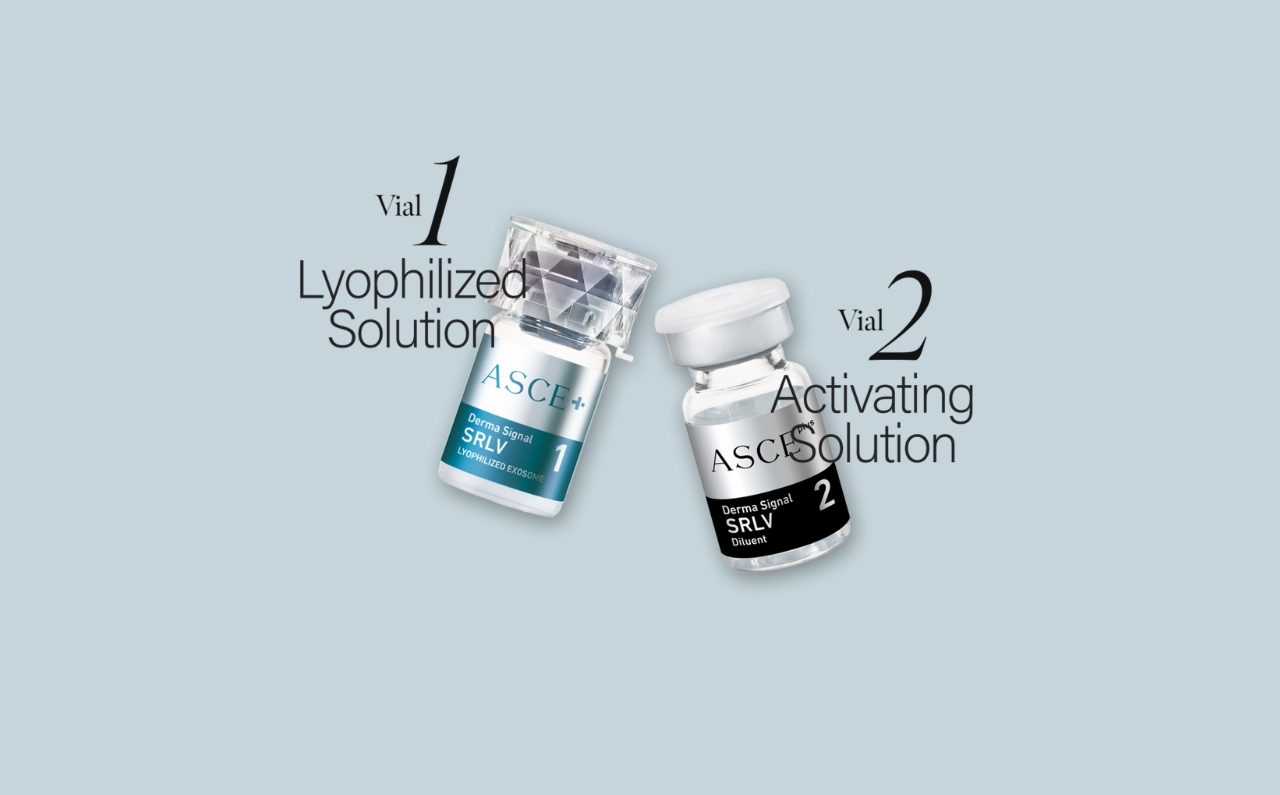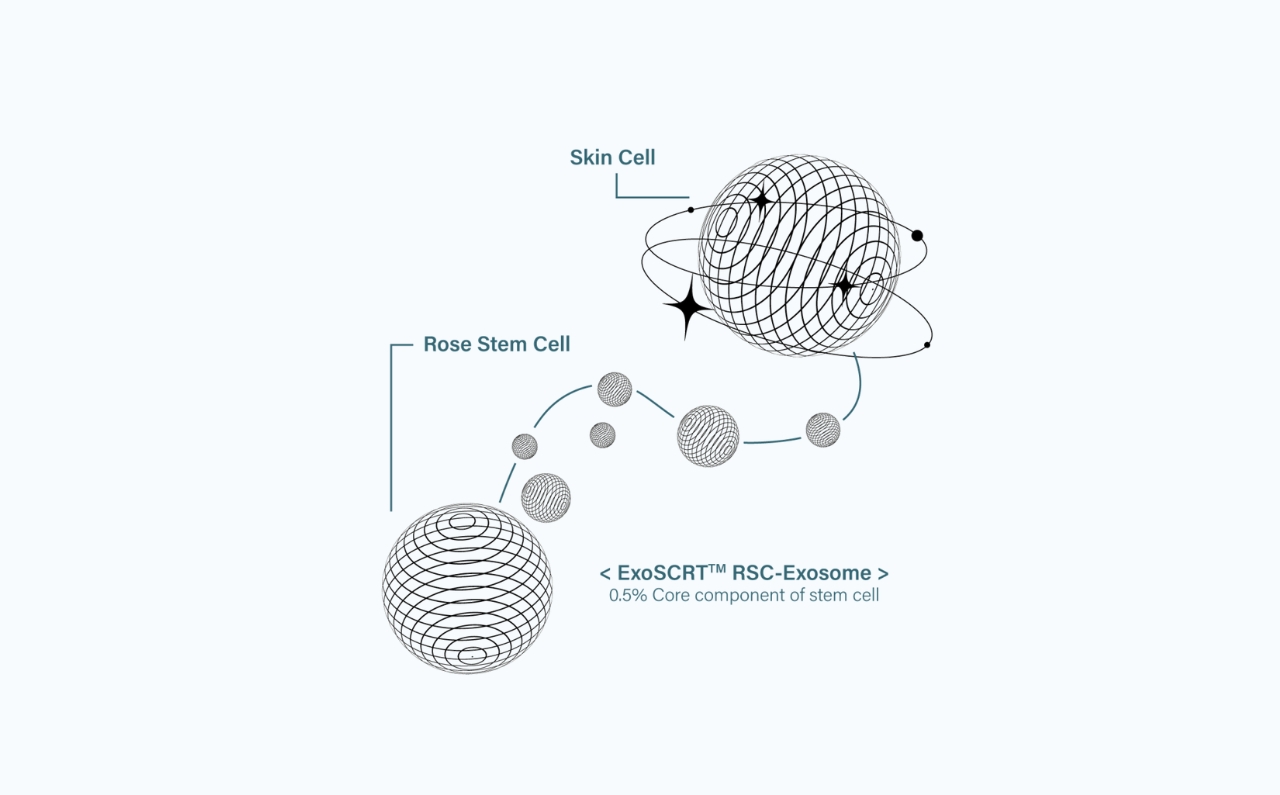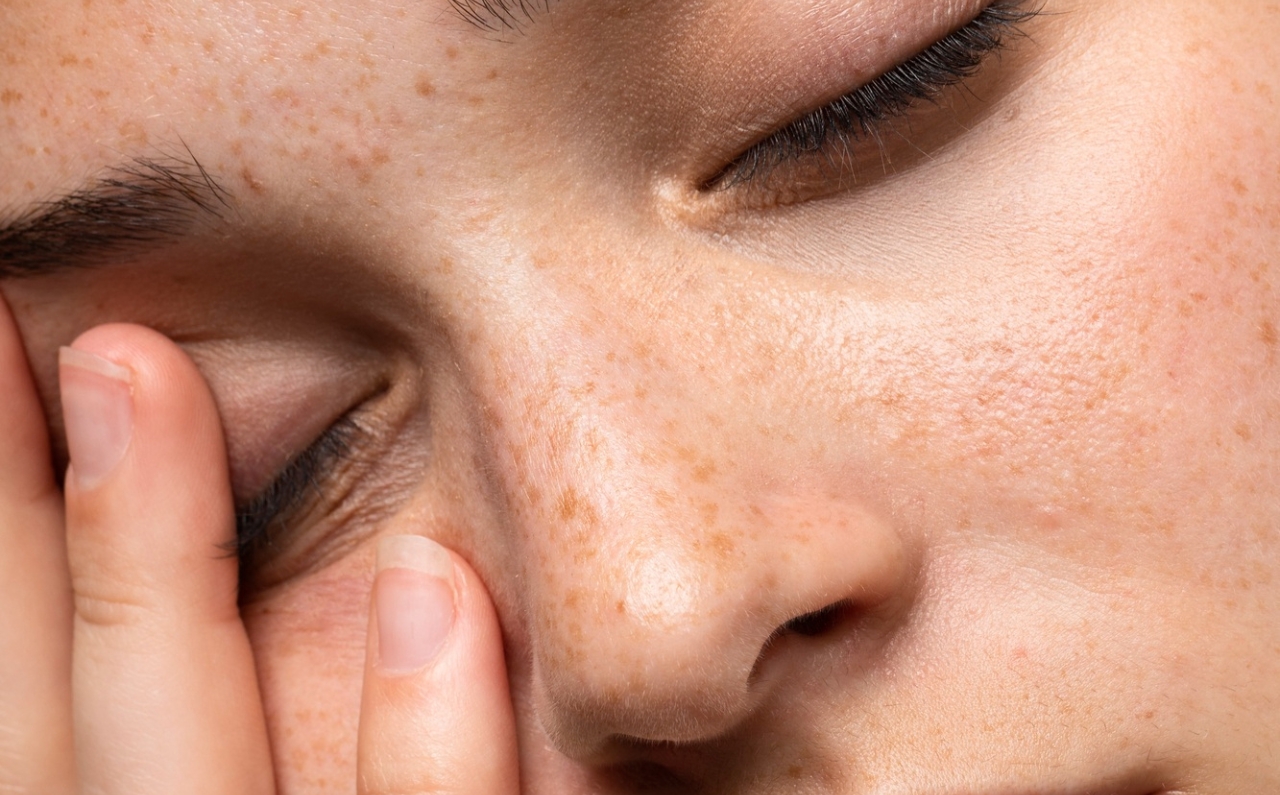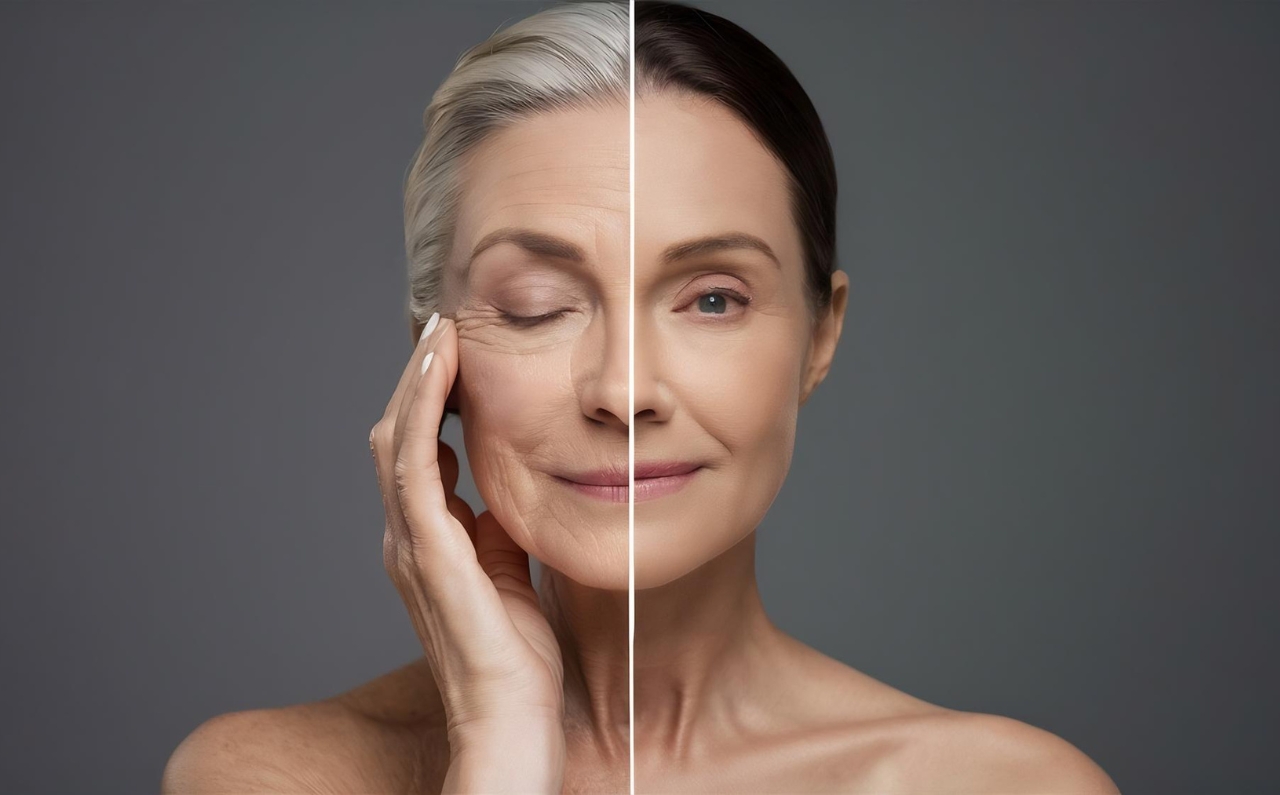Imagine a treatment that could rejuvenate your skin, reduce wrinkles, and even help heal scars more effectively than ever before.
In recent years, the beauty and dermatology industry has seen a surge in interest in advanced skin treatments. One of the most exciting developments in this field is Exosome treatment, which promises a revolutionary approach to skin health.
In this article, we will explore the benefits of the Exosome treatment of the skin so you will have a comprehensive understanding of whether it might be the choice for your skin health needs.
What is Exosome Treatment?

It’s important for us to understand what is Exosome treatment before we can explore its benefits.
Exosome treatment involves the use of tiny, naturally occurring vesicles called exosomes, which are secreted by cells and play a crucial role in cell-to-cell communication.
Exosomes can be harnessed and applied to the skin to deliver growth factors, proteins, and genetic material that promote cellular repair and regeneration, offering a method to enhance skin health and appearance.
How Exosome Treatment Works

1. Delivery of Genetic Material and Proteins
Exosomes are nano-sized vesicles released by cells, containing various bioactive molecules, including RNA, DNA, and proteins. When applied in skincare, these exosomes can deliver genetic material and proteins directly to skin cells. This delivery system allows for the precise targeting of cellular processes, promoting repair and regeneration.
The genetic material can influence gene expression, while the proteins can provide the necessary building blocks for skin health, enhancing the skin’s natural healing capabilities.
2. Interaction with Skin Cells
Once exosomes are introduced to the skin, they fuse with the cell membranes of skin cells through endocytosis. This process enables the transfer of their contents into the recipient cells. The bioactive molecules within the exosomes then initiate a cascade of cellular responses. These responses include the stimulation of collagen and elastin production, which are crucial for maintaining skin elasticity and firmness.
Types of Exosome Treatments

1. Topical Applications
Topical exosome treatments involve applying exosome-rich serums or creams directly to the skin’s surface. These products are designed to penetrate the epidermis and deliver their payload to the underlying skin cells. Topical applications are often used in conjunction with other skin treatments, such as microneedling, to enhance their absorption and efficacy. They are typically used for overall skin rejuvenation, addressing issues like fine lines, uneven skin tone, and dryness.
2. Injectables
Injectable exosome treatments involve directly injecting exosome-rich solutions into the skin. This method allows for deeper penetration and more targeted treatment of specific skin concerns, such as deep wrinkles, scars, and areas of significant damage.
By delivering exosomes directly to the dermal layer, injectable treatments can provide more pronounced and quicker results compared to topical applications. This approach is often chosen for its precision and effectiveness in treating localised skin issues.
Additionally, exosomes can modulate inflammation and promote tissue repair, leading to improved skin texture and appearance.
Benefits of Exosome Treatment for Skin Health
A. Anti-Ageing Effects

1. Reduction of Wrinkles and Fine Lines
The bioactive molecules in exosomes, such as growth factors and proteins, stimulate collagen and elastin production, which are crucial for maintaining skin elasticity and firmness.
This increase in collagen and elastin helps to smooth out wrinkles and fine lines, leading to a more youthful appearance. Regular exosome treatments can result in noticeable reductions in the depth and severity of wrinkles.
2. Improvement in Skin Texture and Tone
In addition to reducing wrinkles, exosome treatment enhances overall skin texture and tone. The regenerative properties of exosomes promote the turnover of skin cells, leading to a fresher, more even complexion.
Skin feels smoother and looks more radiant after exosome therapy. By boosting the skin’s natural renewal processes, exosome treatments can help to reduce roughness, improve hydration, and create a more uniform skin tone, addressing issues like dullness and uneven pigmentation.
Healing and Regenerative Properties

1. Accelerated Wound Healing
Exosomes play a pivotal role in the body’s natural healing processes. When applied to the skin, they can significantly accelerate wound healing by enhancing the proliferation and migration of skin cells to the affected area. This makes exosome treatment highly effective for post-procedural care, such as after laser treatments or microneedling, where quick and efficient healing is desirable. Patients receiving exosome therapy often experience reduced downtime and faster recovery.
2. Scar Reduction
The regenerative capabilities of exosomes extend to scar treatment as well. Exosome therapy can help to remodel scar tissue, promoting the regeneration of healthy skin cells and the breakdown of fibrous scar tissue. This leads to a reduction in the appearance of both hypertrophic scars and acne scars.
Over time, treated areas can become smoother and more closely match the surrounding skin in texture and colour, significantly improving the overall appearance of the skin.
Addressing Skin Conditions

1. Acne
Exosome treatment offers results for individuals suffering from acne. The anti-inflammatory properties of exosomes can help to reduce the severity and frequency of acne breakouts.
By modulating the skin’s inflammatory response, exosome therapy can calm irritated skin and decrease the occurrence of acne lesions. Additionally, the regenerative effects help in healing existing acne scars, promoting clearer and healthier skin.
2. Rosacea
Rosacea is a chronic skin condition characterised by redness, inflammation, and sometimes acne-like bumps. Exosome treatment can alleviate the symptoms of rosacea by reducing inflammation and promoting skin repair.
The anti-inflammatory molecules within exosomes help to calm the skin and reduce redness, while their regenerative properties support the restoration of the skin barrier, leading to fewer flare-ups and improved skin resilience.
3. Hyperpigmentation
Hyperpigmentation, including age spots, melasma, and post-inflammatory hyperpigmentation, can be effectively treated with exosome therapy. The growth factors in exosomes regulate melanin production, helping to lighten dark spots and even out skin tone.
By promoting the turnover of pigmented skin cells and supporting the growth of new, healthy cells, exosome treatment can significantly reduce the appearance of hyperpigmentation, resulting in a more uniform complexion.
Exosome treatment offers a versatile solution for those looking to improve their skin’s appearance and vitality. Whether the goal is to combat the signs of ageing, accelerate healing, or manage specific skin conditions, exosome therapy can be an approach to achieving healthier, more radiant skin.
However, before committing to the treatment, it’s important to assess its suitability to your skin types and issues. At Dr Abby Clinic, we will thoroughly evaluate your skin issues, needs, and goals to provide you with the most suitable treatment to boost your skin and confidence!
Don’t hesitate to book a consultation with us. We look forward to hearing from you soon!





